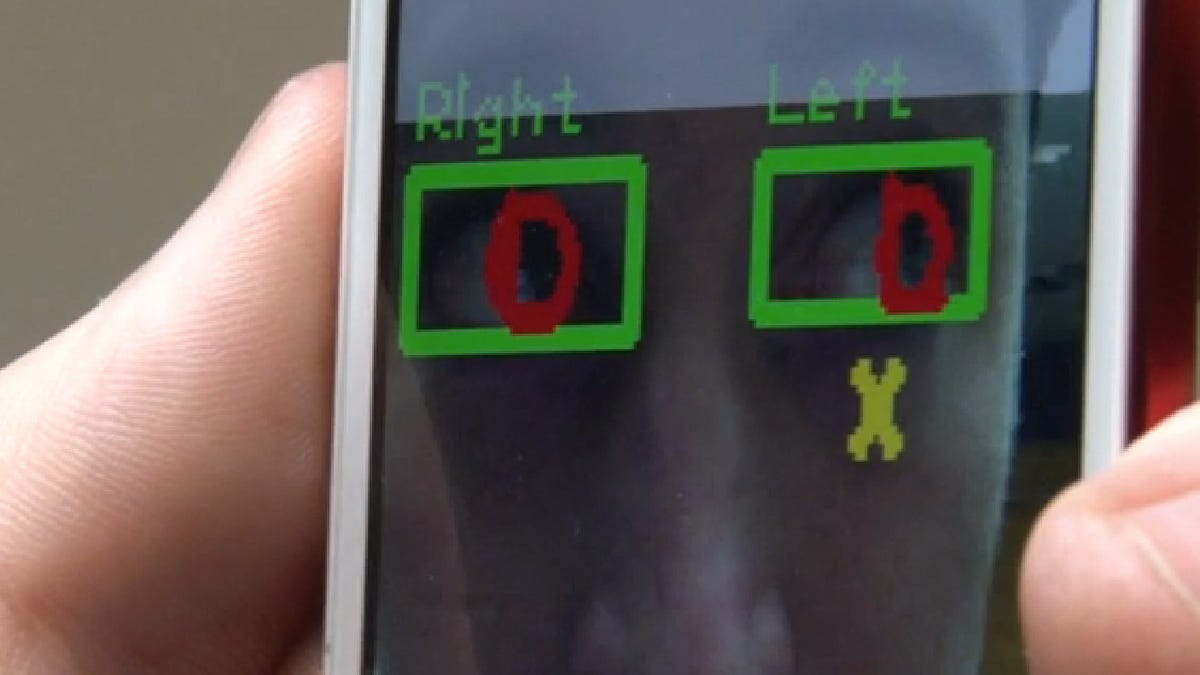AirWatch security app gets EyeVerify's eye-scanning powers
The business-centric security software will be able to deploy EyeVerify's eye-vein tracking tech.

Eye-scanning firm EyeVerify is adding its eye-vein technology to AirWatch's Secure Content Locker -- a business-centric app that keeps your work documents secure from prying eyes.
Unveiling its latest tie-up at mobile mega-show Mobile World Congress in Barcelona, EyeVerify says that businesses who use AirWatch's technology can enable the biometric security from the AirWatch console, saving users the hassle of typing in a passcode by scanning their eyes instead.
I got to try out EyeVerify's "Eyeprint" technology at last year's show (check out the video below), and I was impressed by how well it worked. The system uses your phone's front-facing camera to scan the veins in the corner of your eye. You can use the rear camera to scan your eyes too, holding your phone in front of your face while your phone barks audio instructions to get the scan it needs.
These days using a passcode to unlock your mobile is terribly passé. Apple's iPhone 5S deploys a fingerprint scanner, so perhaps it's only a matter of time until eye-scanning technology becomes widespread too.
It's interesting to see AirWatch -- which CNET's sister site ZDNet called "One of the best MDM (mobile device management) suites that [it's] seen" -- integrating these eye-scanning abilities. Whether major firms are actually willing to have their employees use the eye-vein-scan tech to access secure data may be another story altogether.
Would you happily unlock your phone using an eye-scanner? Does it seem secure, or can you think of a way around it? Let me know in the comments below.

